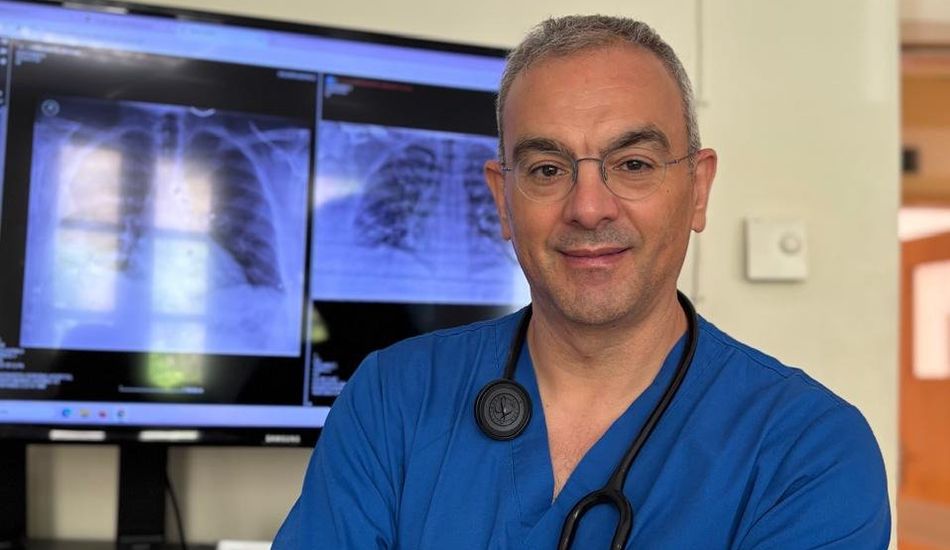
How AI Is Changing Healthcare: A Doctor's Real-World Use
In a small town in Greece, I found out how AI is quietly changing medicine. It's not about robots taking over, but rather, how doctors are using these tools to improve their work. Dr. Tzimas, a director at a public hospital, uses AI in various ways, from spotting rare diseases to managing conflicts among his team.
AI serves as a helpful assistant in his daily practice. For example, he feeds data to AI to quickly respond to insurance companies or communicate with family physicians. It helps him work faster and more reliably, which is a huge plus when you're dealing with patient care.
Specific Applications of AI in Medicine
One significant area where AI helps is in checking for drug interactions. You see, there are tons of these interactions listed in tables, but finding them quickly when you're with a patient is tough. AI systems can provide this info instantly and accurately. It also helps in adjusting drug doses for patients with kidney or liver issues, where normal doses could be harmful.
Of course, the topic of AI accuracy comes up. Dr. Tzimas isn't too worried about AI making stuff up (what they call "hallucinations"). He believes that an experienced doctor can easily spot when something's off. He also points out that by using strict guidelines, AI can be prevented from making errors.
AI helps him to handle conflicts among junior doctors diplomatically. He uses a special AI prompt that crafts his responses in a way that smooths things over. I think that's a pretty clever use of the technology!
He also uses AI to quickly create teaching materials. Imagine taking a complicated medical case and turning it into multiple-choice questions with the help of AI. It saves a lot of time and effort.
AI is a good tool for coming up with possible diagnoses. When a patient has a symptom like fever, AI can narrow down the potential causes. It can even remind you of rare conditions you might not have thought of.
Not long ago, AI helped him consider Q fever when a patient who worked around sheep and goats came in with a fever. Even though the patient didn't have Q fever, the AI's suggestion opened their minds to the possibility.
Some patients are also using AI to look up their symptoms, similar to how people used to Google everything. Doctors need to be ready to address these AI-driven inquiries with credible solutions.
AI can reduce the need for administrative staff, making tasks like writing emails and transcribing documents much faster. This can really free up your time.
Dr. Tzimas isn't worried about AI replacing him because his job involves important human interactions that AI can't replicate. He has to listen to lung and heart sounds, feel for pain, and observe patients closely. These are things that rely on a doctor's senses and personal connection.
Ultimately, AI saves time, giving doctors more room for their personal lives. It's not about replacing doctors, but about enhancing their abilities and making their work more efficient.
Source: Gizmodo